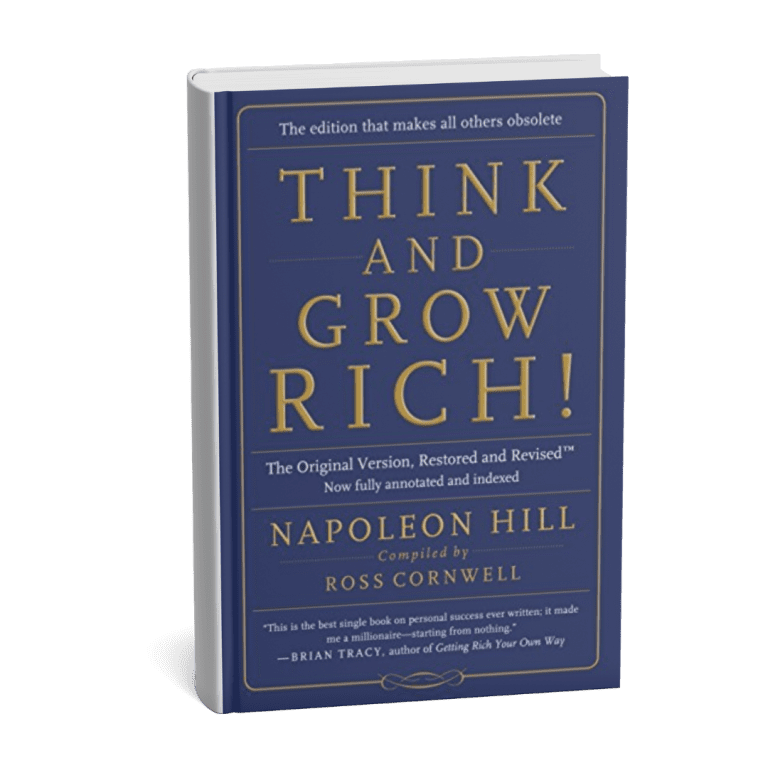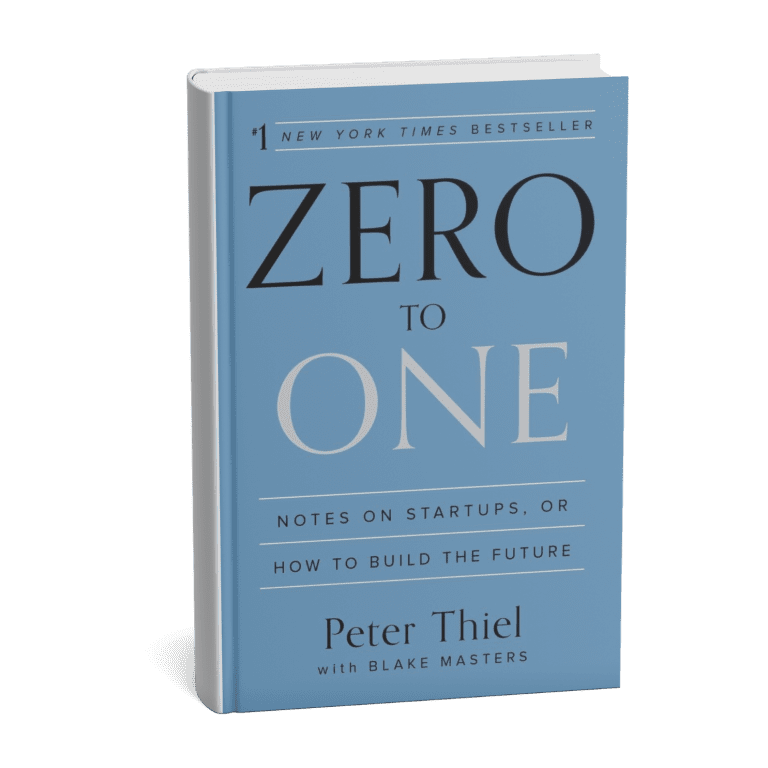In High Output Management, former Intel CEO Andrew Grove offers a masterclass in practical, results-driven leadership. Rather than focusing on abstract theories, Grove delivers actionable insights rooted in his real-world experience managing and scaling one of the most influential tech companies in history. His core thesis is simple yet powerful: the manager’s output is the output of their organization multiplied by their ability to make others more effective.
Grove opens by using the metaphor of a breakfast factory to explain production principles. This analogy grounds the reader in operational thinking and introduces key concepts such as process indicators, bottlenecks, and quality control. He then expands these lessons into the realm of business management, illustrating how managers must identify leverage points and streamline team efficiency.
One of the book’s most valuable contributions is its emphasis on the importance of one-on-one meetings and performance reviews. Grove argues that a manager’s primary role is not to perform tasks but to enable others to succeed. These regular check-ins become essential tools for coaching, problem-solving, and aligning goals. He provides concrete guidelines on structuring these conversations and measuring their effectiveness.
Grove also introduces the concept of “task-relevant maturity,” which helps managers tailor their level of involvement based on an employee’s experience and confidence in a given task. This adaptive leadership style increases efficiency while promoting autonomy and growth.
Another standout framework in the book is “Managerial Leverage.” Grove stresses that time is a manager’s scarcest resource, and that high-leverage activities—those that produce significant results relative to effort—must be prioritized. Hiring decisions, training, delegation, and systems design are all high-leverage tools.
Grove doesn’t shy away from the challenges of management either. He addresses performance issues, decision-making under uncertainty, and leading through change. His insights on managing hybrid organizations—those that require both innovation and execution—remain especially relevant in today’s fast-paced business environment.
Crucially, High Output Management demystifies the role of leadership. It positions great managers not as charismatic visionaries, but as systematic thinkers who prioritize structure, feedback, and discipline. Grove’s writing is straightforward, pragmatic, and relentlessly focused on results.













